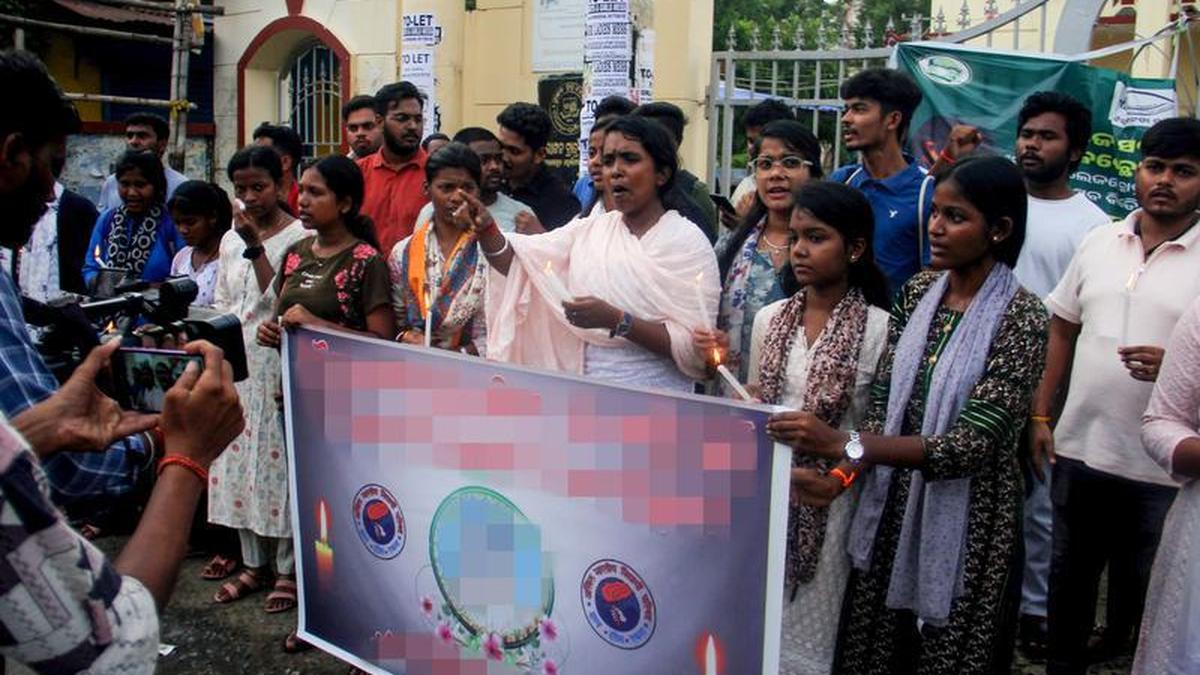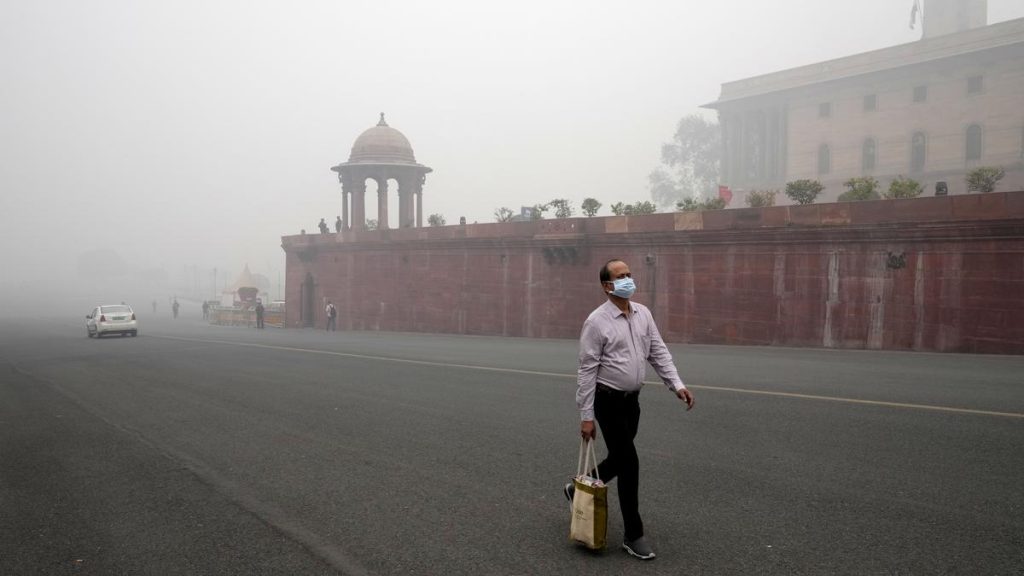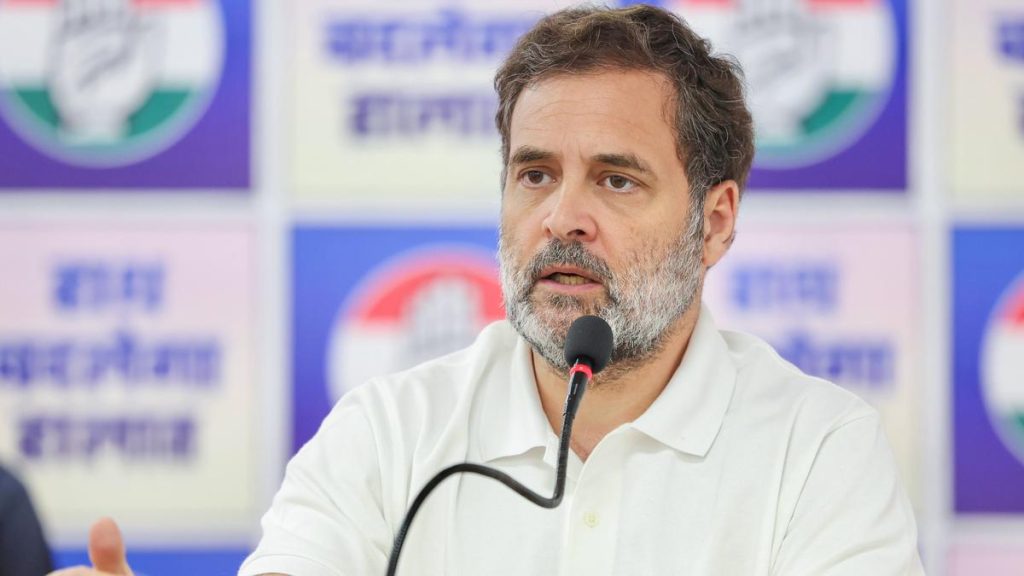Now Reading: Odisha Student’s Death Sparks Protests Against Systemic Failures
-
01
Odisha Student’s Death Sparks Protests Against Systemic Failures
Odisha Student’s Death Sparks Protests Against Systemic Failures

Speedy Summary
- Incident Overview: Sukanya (name changed), a 20-year-old B.Ed. student at Fakir Mohan College, Balasore, Odisha, self-immolated on July 12 in protest against alleged sexual harassment by the Head of Teacher Education Department, Samira Kumar Sahu. She succumbed to her injuries on July 14.
- Complaint Details: Sukanya formally complained to the college’s Internal Complaints Committee (ICC) and filed a police report against Sahu for harassment and mental torture. She accused him of threatening her academic career if she did not comply.
- Institutional Response: The ICC found “lack of conclusive evidence” against Sahu after interviewing stakeholders. However, questions arose regarding procedural gaps in the ICC’s constitution and functionality.
- reaction & Fallout: The incident triggered public outrage with widespread criticism for systemic failure in addressing sexual harassment complaints effectively:
– Odisha Government suspended college officials involved.
– A crime Branch was ordered to investigate; ₹20 lakh ex-gratia announced for Sukanya’s family.
– National Commission for Women and Human Rights Commission intervened; political leaders expressed solidarity and blamed institutional negligence or systemic failures as contributing factors.
- Contextual Data: A report indicated that over 70 student suicides occurred across educational institutions in Odisha from 2020-2025 due to reasons like harassment and mental stress.
Images:
- Security personnel deployed at Fakir Mohan College campus [Image credit: BISWARANJAN ROUT].
- Students holding candlelight vigil honoring Sukanya at the college premises [image credit: BISWARANJAN ROUT].
indian Opinion Analysis
Sukanya’s tragic death underscores critical gaps in how allegations of sexual harassment are addressed within educational institutions under existing legal frameworks like the POSH Act, especially regarding operational efficiency of Internal Complaint Committees (ICCs). Despite laws mandating specific guidelines for ICC constitution-including external independent members-the inconsistency observed raises concerns about accountability mechanisms.
This incident also highlights power dynamics within autonomous colleges where Heads of Departments hold meaningful control over administrative processes affecting students’ academic lives-a structure that may require re-evaluation.
The broader societal response-mass attendance at Sukanya’s cremation,candlelight marches by students-is indicative of growing impatience with perceptions about institutional indifference toward gender-based misconduct complaints. Politically charged reactions reflect this event transcending individual tragedy into collective grievance about systemic lapses failing young citizens seeking justice.
Odisha’s data on rising student suicides adds urgency to address distress stemming from direct instances like alleged neglect or indirect consequences due to administrative flaws or insensitive handling mechanisms perceived as hurdles during conflicts.
It is indeed imperative for educational policies across India not only to ensure compliance with legal procedures but also adopt proactive approaches prioritizing trust-building measures between complainants and authorities while tackling issues systematically rather then reactively post-crisis episodes.
























